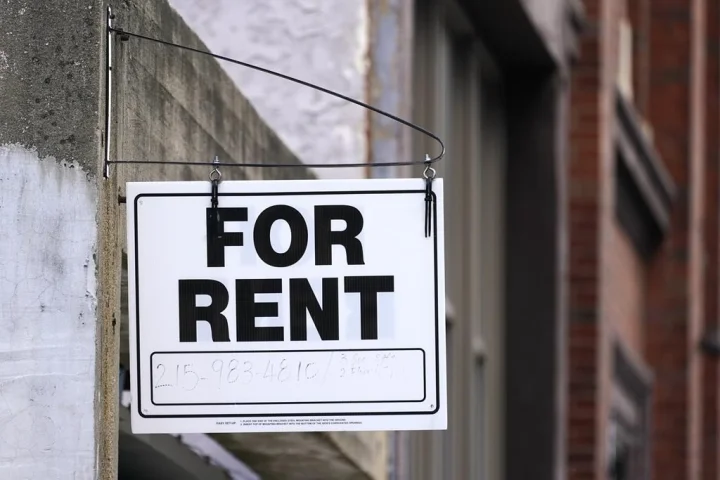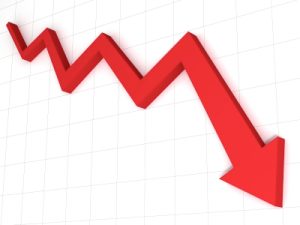The Canadian real estate market has been burning white hot over the last couple of years as noted by exorbitant home price increases across the nation. But the impact of elevated home prices is becoming more evident, especially as they trickle down to other markets.
Numerous economists are starting to voice concern about how home prices will impact the rental market while Canadians continue to combat pressures from rising prices on other household expenses including gas, groceries, and childcare.
Areas with lower economic growth over the last few years have even experienced a tremendous spike in home prices post-COVID, despite historical stagnation.
The fear is that if prospective buyers can’t afford a home in historically poorer areas, will they even bother buying at all? How will home prices impact existing renters in these areas?
While the trajectory of rental markets certainly offers some upside for investors, there are also some inherent risks worth considering, if markets continue to progress the manner they have for the foreseeable future.
The Post-COVID Impacts on Housing Affordability
The COVID-19 pandemic has certainly had impacts on the global economy, of which people are still feeling to this day. However, despite headwinds in other sectors, domestic housing has grown at an astronomical rate over the last few years.
A combination of increased homeownership demand and cheap financing has helped fuel property values. But as Canada has started its post-COVID recovery, the trickle-down effect of home prices doesn’t really seem to be working.
For years, politicians and industry professionals have championed the trickle-down effect of home prices in the rental space, stating that as more expensive rental units are built and become available, it can put downward pressure on rent prices.
However, an obverse trend appears evident which could spell cause for concern. Recent reports show that the number of rental units being built is unprecedented in the last 30 years.1 But for the same reason, in February 2022 rents were already up 6.2% compared to the same period in the prior year.2
As the market becomes saturated with renters, dramatic rent hikes could also leave tenants looking for housing alternatives in areas that may have previously been considered stagnant. Consider the exodus of younger households from economic hubs like Toronto who can’t afford to buy.
People are moving to areas like Niagara and Windsor that have traditionally lagged in home prices and that have been slower to develop economically compared to other major metropolitan areas.
Yet even these “affordable” areas are now showing huge spikes in home prices as people seek any relief they can muster. As homeownership demand spills over to these alternative areas, they too start to become infeasible for new buyers.
A key example is the average price of all homes sold across the City of Windsor, which in February of 2020 was $386,285. In February of 2022, it was $704,112. These price increases will make many potential buyers retreat to renting. For existing renters, it could mean relocating to cheaper areas across the country.
Lastly, the anticipation of future interest rate hikes also makes buying out of the question for many Canadians. In fact, it’s creating a mental shift for many households who are now finding it harder to choose between renting and owning.3 The choice isn’t as cut and dry as it may have been.
The Impact of Higher Home Prices on Investors
As an investor, higher home prices are a double-edged sword. On the one hand, higher home prices are a good thing because it becomes harder for younger buyers to attain homeownership, so they rent longer. This helps lower vacancy rates.
On the other side, it can become burdensome if you’re a newer investor looking to expand your real estate portfolio because you must pay a premium to acquire new units. Increasing borrowing costs and competition are also a concern.
Nevertheless, higher home prices usually fuel demand for rentals, a tangible benefit for any investor because you can charge higher rents as demand increases. However, as affordability continues to erode, it could force government oversight.
For example, the government could impose tighter rent control policies. Additional oversight could also lead to deeper advocacy for tenants.
Greater rental demand allows property owners to be choosier with whom they rent too which means you can lower your risk by selecting tenants that are stable and have a superior rental history.
But from the government’s perspective, it could help drive an increase in toxic and discriminatory rental practices which need deeper examination.
Renters with lower income or that might have disabilities could start facing more instances of disparate treatment. This means that now it’s more important than ever that you have a tighter system of screening tenants.
Sources
1 Wong, D. (2019, July 30). Canada Is Building The Most Rental Housing In At Least 30 Years. Better Dwelling. Retrieved April 12, 2022, from https://betterdwelling.com/canada-is-building-the-most-rental-housing-in-at-least-30-years/
2 Rentals.ca. (2022, March). Rentals.ca March 2022 Rent Report. https://rentals.ca/national-rent-report#:~:text=The%20average%20rent%20per%2Dsquare,slowly%20trending%20upward%20since%202021.
3 Mallees, N. (2022, March 19). More Canadians that ever can’t afford to buy a home. But is owning always better than renting? CBC News. Retrieved April 12, 2022, from https://www.cbc.ca/news/business/comparing-renting-and-owning-1.6385767






